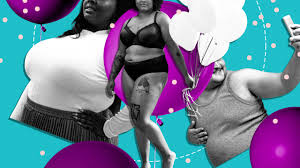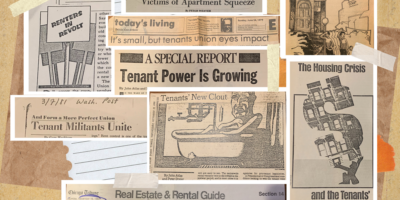Pre-post confession
John and Shakeila helped me to realize that the prompt for blog post 4 was too convoluted/confusing/hard to break into. I was doing too much. I had just introduced the concept of hegemony the week before and expected students to integrate the concept into their own ideas without providing concrete examples or questions that helped them to draw upon their real life experiences. It’s hard to create prompts, especially good ones. One of the professors on my dissertation committee, Jason VanOra at Kingsborough Community College, calls questions that draw upon real life experiences “experience-near” questions. It takes a lot of practice to ask good questions. I adjusted the prompt to make it more accessible. After I edited it, Noriya, Christina, and Jose wrote really great blogs in response. That made me feel so much better.
Response to prompt 4
I have spent a lot of time deconstructing the dominant ideologies that I have inherited through media, my education, and other aspects of my socialization. As a white woman who subscribed to Christianity, society placed me in a relatively privileged position in the social hierarchy- it makes it even more difficult to accurately understand the systems of domination when you are benefiting from them. I entered into my understanding of oppression through feminist theory- through there I discovered the concept of intersectionality that showed me how all forms of oppression are interconnected.
I want to talk about beauty standards as a hegemonic system of domination. As we have discussed in class, hegemonic power refers to the ways in which dominant groups establish and maintain cultural norms, values, and ideologies that justify their social position and interests. Hegemony operates through the dissemination of ideologies, media representations, educational curricula, and cultural practices that naturalize and legitimize existing power structures. I was taught through socialization that a women’s worth was tied to their level of attractiveness- I think this also impacts men, however, men typically have other idealistic aspects that are seen as worthy in society (i.e. strength, intelligence, wealth). If a woman is wealthy or intelligent but not seen as attractive, she is not really seen as more desirable in the social realm, whereas if a man has money, he is deemed more desirable. I think an obsession with weight and specifically fatphobia is so pervasive in our society. I internalized the idea that if I was not skinny, I was not attractive, and therefore I was not desirable. Therefore, my internal value system was fully polluted with a violent and dehumanizing foundation- a belief that someones worth depended on how they looked (even though it was directed at myself)! It wasn’t until I read Black feminist, as well as queer, theorists that I understood how fatphobia was inextricably tied to racism and white heteronormativity.
After learning how my oppression as a fat/chubby/thick/curvy woman was tied to racial and queer(!) oppression, it made me angry. Anger is such an important and productive emotion and it has helped me to challenge these beliefs around attractiveness. Note: it has historically been easier for me to be angry for someone else than it is for me to be angry for myself, so feeling connected to others in struggle is a strong motivator for me. I will admit that this internalized belief is an ongoing struggle for me because it is consistently validated by the cultural attitudes, behaviors, and expectations that are imposed on me/us in this society. However, I have made so much progress in deconstructing my internalized fatphobia because a couple of years ago I would not be able to confront this topic publicly and now I’m writing about it in a blog. Part of the way that I challenge this is being hot. Yes. Dressing hot, feeling hot, and acting hot. Removing the sense of my own attractiveness from the realm of the white-hetero-male-patriarchy (some call it the male gaze) and stepping into communities where there are different standards of attractiveness has been important for me to break down these beliefs and continue to challenge them on my own out in the world.






